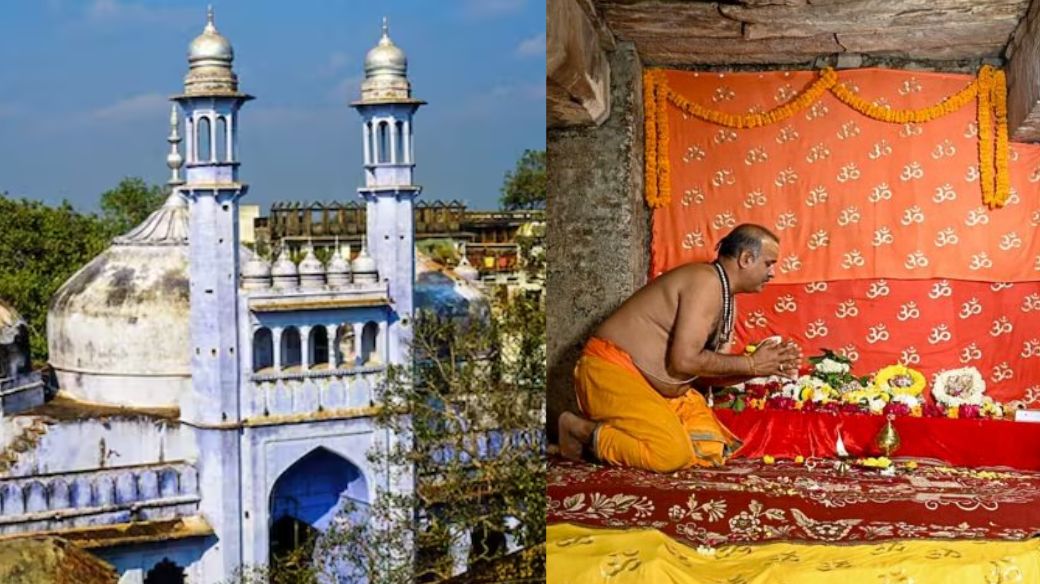Varanasi, India – In a significant legal development, the Allahabad High Court has dismissed the petition filed by the Anjuman Intezamia Masjid Committee (AIMC), which manages the Gyanvapi mosque in Varanasi. The court’s ruling allows Hindu devotees to continue performing Puja (worship) inside the southern cellar of the mosque, known as the ‘Vyas Ka Tehkhana’.
Background
The Gyanvapi mosque, situated near the revered Kashi Vishwanath Temple, has been at the center of a longstanding dispute. Here’s a brief overview of the case:
- 1991: A petition sought the removal of the mosque from the Gyanvapi-Kashi Vishwanath site and the transfer of the land to the Hindu community.
- 1998: The mosque’s managing committee approached the court to dismiss the petition, citing the provisions of the Places of Worship Act, 1991. The lower court initially dismissed the application, but the committee appealed to the Allahabad High Court, which stayed the transfer proceedings.
- 2019: A fresh suit was filed in a local Varanasi court, requesting a survey of the Gyanvapi Mosque complex by the Archaeological Survey of India (ASI).
The Recent Verdict
On February 26, 2024, Justice Rohit Ranjan Agarwal of the Allahabad High Court delivered a landmark judgment. The court rejected AIMC’s appeal, upholding the Varanasi District Judge’s order that allowed Hindu devotees to offer prayers within the ‘Vyas Ka Tehkhana’ area of the Gyanvapi mosque complex.
Key Points from the Judgment
- No Merit in the Plea: The court found no merit in AIMC’s plea challenging the Varanasi district judge’s decision. It recognized the rights of Hindu worshippers to access the southern cellar for religious purposes.
- Violation of Places of Worship Act?: AIMIM president Asaduddin Owaisi had previously criticized the Varanasi court’s ruling, claiming that it violated the Places of Worship Act. However, the High Court disagreed, emphasizing that the judge’s decision was based on legal grounds.
- 30-Year Gap: The court noted that no prayers had been offered in the cellar since 1993. The possession of the southern cellar by the Vyas family, who once lived there, further influenced the judgment.
Implications and Controversies
- Historic Series Win: The verdict marks a historic moment for Hindu devotees, who can now freely worship in the Gyanvapi mosque complex. It also reflects the broader context of religious harmony and coexistence.
- Legal Precedent: The judgment sets a legal precedent regarding the rights of worshippers in disputed religious sites. It reaffirms the importance of respecting religious sentiments while adhering to legal norms.
- Ongoing Debate: The Gyanvapi-Kashi Vishwanath dispute remains contentious. While the recent ruling favors Hindu worshippers, it continues to evoke strong reactions from various quarters.
Conclusion
The Allahabad High Court’s decision ensures that the Gyanvapi mosque remains a place of reverence for both Hindus and Muslims. As the legal battle continues, it is essential to strike a delicate balance between religious rights and legal principles.
In the heart of Varanasi, where spirituality and history converge, the echoes of this verdict will resonate for generations to come.



